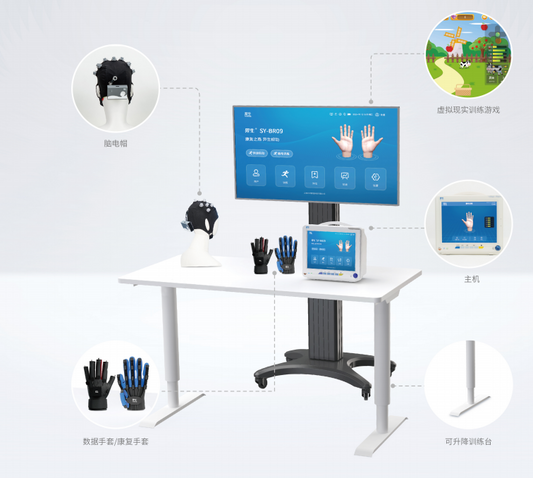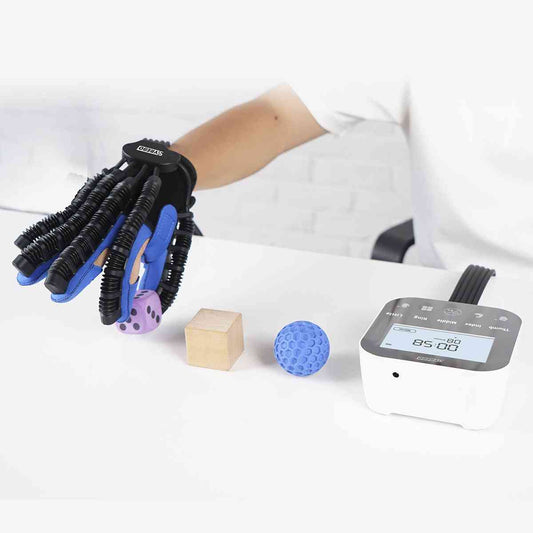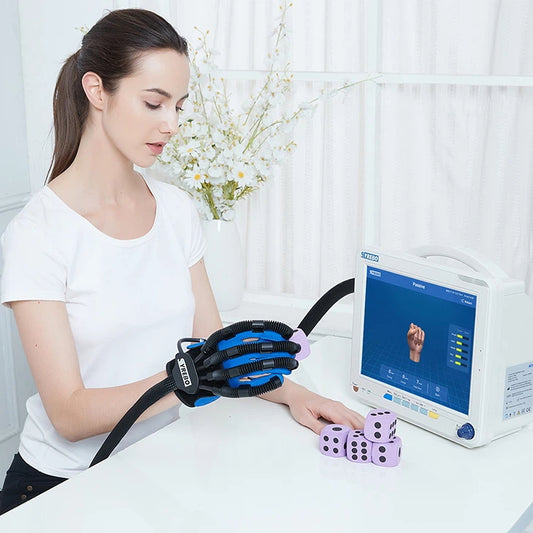Reduce Your Risk of Stroke - SyreboCare
What can you do to prevent stroke? Age makes us more susceptible to having a stroke, as does having a mother, father, or other close relative who has had a stroke.
You can't reverse the years or change your family history, but there are many other stroke risk factors that you can control—provided that you're aware of them. Knowledge is power. If you know that a particular risk factor is sabotaging your health and predisposing you to a higher risk of stroke, you can take steps to alleviate the effects of that risk.
What is a stroke?
A stroke is sometimes called a brain attack. A stroke happens when blood flow to part of the brain is blocked or when a blood vessel breaks, which can damage or kill cells in the brain.
Stroke is the leading cause of death and long-term disability in adults. It can also cause brain damage.
A stroke can cause long-term problems like:
- Memory problems or trouble thinking and speaking
- Vision problems
- Trouble walking or keeping your balance
- Paralysis (not being able to move some parts of the body) and muscle weakness
- Trouble controlling or expressing emotions
- Trouble with chewing and swallowing
- Trouble controlling when you go to the bathroom
How to prevent a stroke?
Here are 4 ways to start reining in your risks today to avoid stroke, before a stroke has the chance to strike.
Quit smoking
Studies show that for every five cigarettes a person smokes each day, the risk of having a stroke goes up by 12%. For Black adults, smoking cigarettes more than doubles the risk of stroke compared to never smoking, a 2020 study found.
Move more
More active men and women have a 25%-30% lower risk of stroke than those who are least active. Physical activity has been shown to lower cholesterol, help maintain a healthy weight, and lower blood pressure – all factors that can reduce stroke risk.
Lose weight
Obesity, as well as the complications linked to it (including high blood pressure and diabetes), raises your odds of having a stroke. If you're overweight, losing as little as 10 pounds can have a real impact on your stroke risk.
Lower blood pressure
High blood pressure is a huge factor, doubling or even quadrupling your stroke risk if it is not controlled. High blood pressure is the biggest contributor to the risk of stroke in both men and women. Monitoring blood pressure and, if it is elevated, treating it, is probably the biggest difference people can make to their vascular health.
Am I at risk for stroke?
The number 1 risk factor for stroke that you can change is high blood pressure. High blood pressure often has no signs or symptoms, so it's important to get your blood pressure checked by a doctor or nurse regularly. It’s also a good idea to check your blood pressure yourself at home.
Ask your doctor how often you need to get your blood pressure checked.
You may also be at risk for stroke if you:
- Have had a previous stroke or a transient ischemic attack (also called a TIA or mini-stroke)
- Smoke or vape with products that have nicotine in them
- Drink too much alcohol
- Use certain drugs (like cocaine or heroin)
- Have diabetes
- Don’t get enough physical activity
- Are overweight or have obesity
- Have certain heart problems, like coronary artery disease (heart disease), an irregular heartbeat (including atrial fibrillation), or problems with a heart valve
- Have high cholesterol
You’re at higher risk of having a stroke as you get older. You may also be more at risk if someone in your family has had a stroke. Make sure you know your family’s medical history and share it with your doctor.
Can drinking water help prevent a stroke?
Many studies have proven that proper hydration at the time of a stroke is linked to better stroke recovery.
Dehydration may cause blood to be thicker. Viscous blood causes the body to retain sodium and increases blood pressure.
Drinking enough water regularly prevents dehydration. This may play a role in keeping the blood less viscous, which in turn prevents a stroke. However, this does not mean overhydrating is a healthy habit. Drinking too much water may be dangerous too, especially in people with heart and kidney conditions. Also, drinking water during stroke symptoms may cause choking, so caution needs to be exercised.
Stroke recovery
Strokes that cause long-term damage are usually severe and/or not treated or treated after large sections of the brain have been damaged or killed. The type of damage depends on the location in the brain where the stroke occurred (for example, the motor cortex for movement problems or the brain area that controls speech). Although some problems will be permanent, many people who do rehabilitation with Rehabilitation Robot Gloves can regain some or many of the abilities lost during the stroke. If you need or want to know more. Feel free to consult us anytime.







